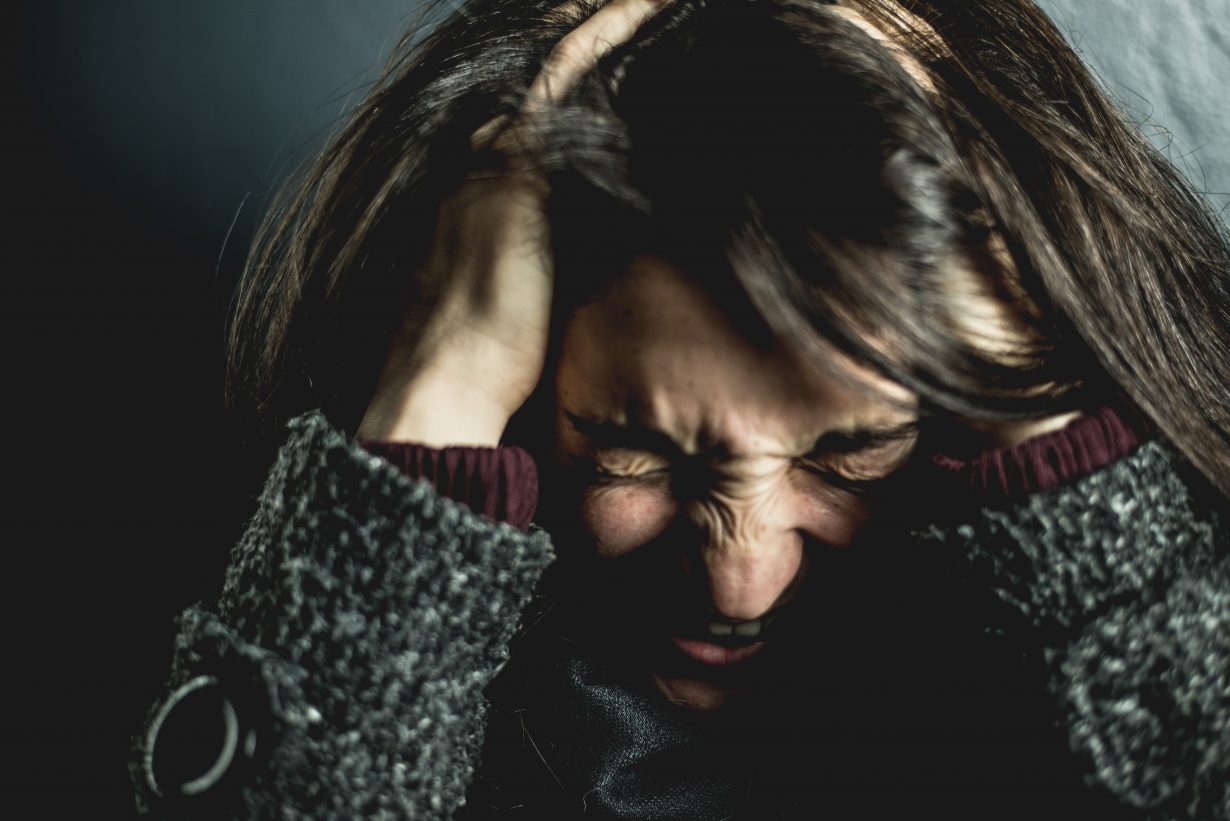
Nightly Sleep Disturbance Linked to Daily Risk of Migraines
Brigham and Women’s Hospital via EurekAlert – Sleep fragmentation predicted migraine risk a day later while sleep duration and low sleep quality were not associated with risk of migraines.
Boston, MA — Nearly half of all patients who suffer migraines report sleep disturbance as a trigger for their headaches. But the relationship between sleep and migraine headaches is not well understood or well-studied. Investigators from Brigham and Women’s Hospital and Beth Israel Deaconess Medical Center have conducted the largest prospective study using objective measures of sleep to date to evaluate the relationship between sleep and migraine headaches. The team’s findings generally support patients’ reports of sleep disturbance as a trigger for migraines. In both diary assessments and actigraphy measurements, the team observed that sleep fragmentation — time spent in bed, but not asleep — was linked to migraine onset not on the next day but rather the day after that. The team did not find that sleep duration or self-reported low sleep quality was associated with higher risk of migraine over the next day or day after. Results are published in Neurology.
“When it comes to sleep and migraines, there’s a lot that we don’t know. I became interested in this topic because migraine patients are frequently referred to me in the sleep clinic for help with treating their insomnia,” said corresponding author Suzanne Bertisch, MD, MPH, a physician and clinical investigator in the Division of Sleep and Circadian Disorders at the Brigham. Bertisch began work on this project while at Beth Israel Deaconess Medical Center. “Anyone treating these patients wants to be able to counsel them on what to do to decrease their risk of a migraine, but the literature is unclear on what kind of sleep interventions may be helpful.”
Bertisch and colleagues conducted a prospective cohort study of 98 adults with episodic migraines, who reported at least two headaches, but had fewer than 15 days each month with a headache. The participants completed electronic diaries twice a day, recording details about their sleep, headaches and health habits for six weeks. During that time, they also wore a wrist actigraph to bed to objectively capture their sleep patterns. The team adjusted data for other migraine triggers, including daily caffeine intake, alcohol intake, physical activity, stress and more.
Over the course of six weeks, participants reported 870 headaches. Nightly sleep duration of 6.5 hours or less and poor sleep quality were not associated with migraines the day immediately following (Day 0) or the day after that (Day 1). However, sleep fragmentation measured by both diary and actigraphy were associated with higher odds of having a migraine on Day 1.
“Sleep is multi-dimensional, and when we look at certain aspects such as sleep, we found that low sleep efficiency, which is the amount of time you’re awake in bed when you’re trying to sleep, was associated with migraines not on the day immediately following, but on the day after that,” said Bertisch. “However, we did no observe a relationship between short nightly sleep duration (under 6.5 hours) or reported sleep quality and risk of migraine.”
To read the original article click here.






